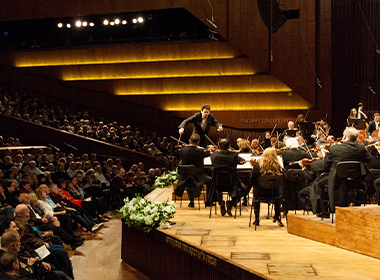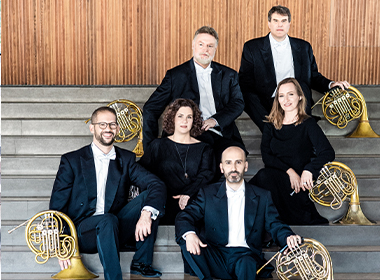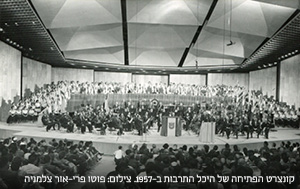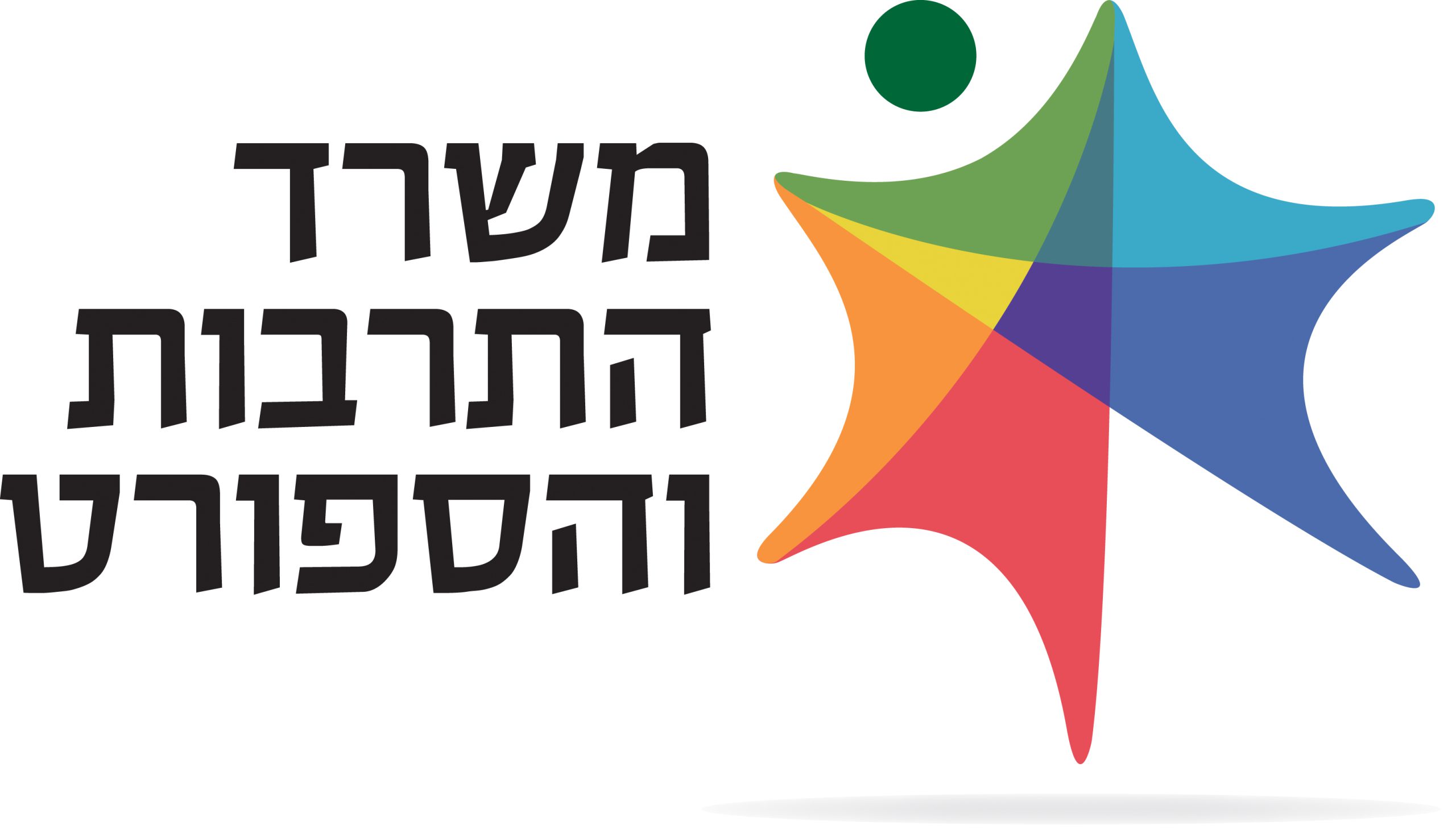On 26 December 1936, The Palestine Orchestra was born. The great Polish-born Jewish violinist and musician, Bronislaw Huberman, who foresaw the Holocaust, persuaded 75 Jewish musicians from major European orchestras to immigrate to Palestine, creating what he called the “materialization of the Zionist culture in the fatherland” on the sand dunes of Tel Aviv.
Huberman invited the greatest conductor of the time, Arturo Toscanini, to conduct the opening concert, performed at the Levant Fair in Tel Aviv on 26 December 1936. Toscanini abandoned his renowned NBC Orchestra for several weeks “to render paternal care to the newly born…” The great Maestro, who had previously escaped the rise of Fascism in his homeland of Italy, said: “I am doing this for humanity…”
The first decade saw intensive work on the musical crystallization and unity of the orchestra, whose excellent players had brought with them diverse styles. The primary languages spoken at this time were German, Polish, Hungarian and Russian. The young members spoke a little bit of Hebrew. The orchestra already hosted great conductors in its first decade, including Molinari, Steinberg, Dobrowen and Sargent. Its own artists were also invited to appear with the orchestra, among them conductors Michael Taube, George Singer, Mark Lavri and Paul Ben-Haim; soprano Bracha Zefira; pianist Pnina Salzman; cellist Thelma Yellin and others. The orchestra’s attempt to integrate into the Middle East scene led to tours in Egypt in 1940-43 (with Huberman as soloist), conducted by Toscanini and Molinari. During World War II, it appeared in a concert before Allied Forces in the Western Desert for soldiers of the Jewish Brigade, conducted by the Concertmaster at the time, Joseph Kaminski.














 Back to top
Back to top




